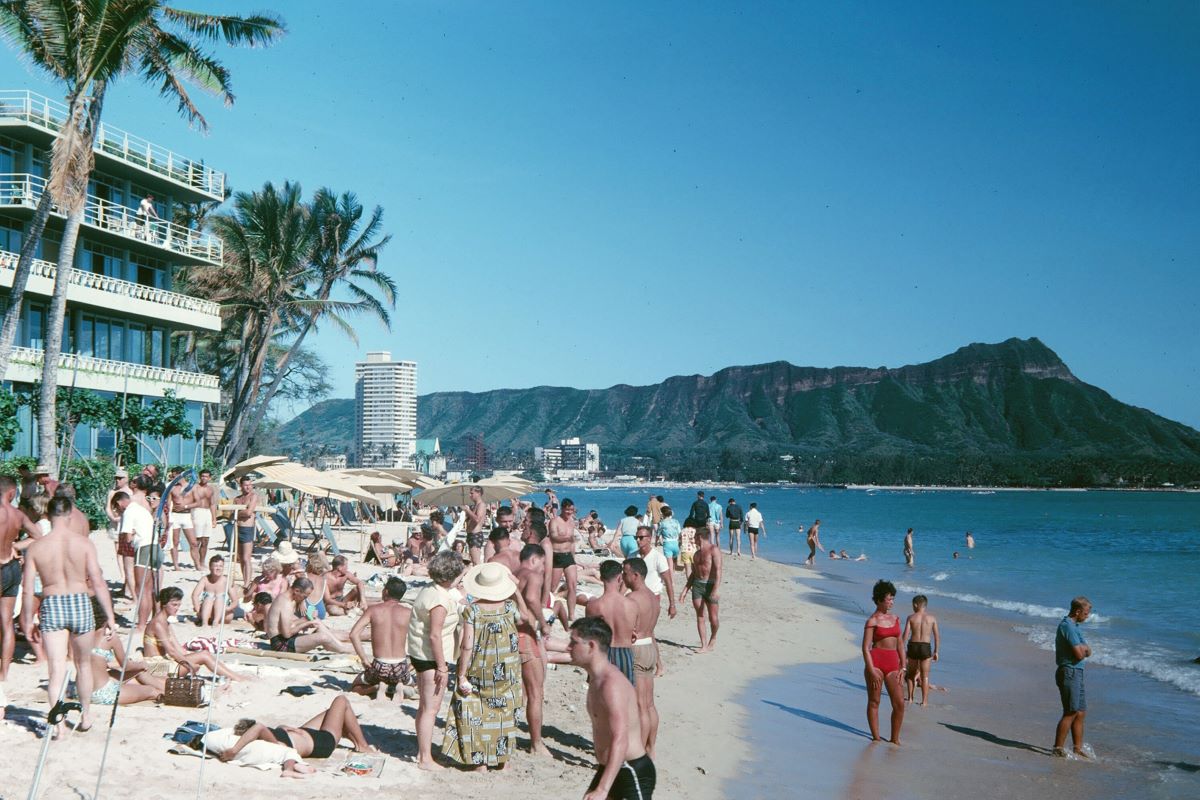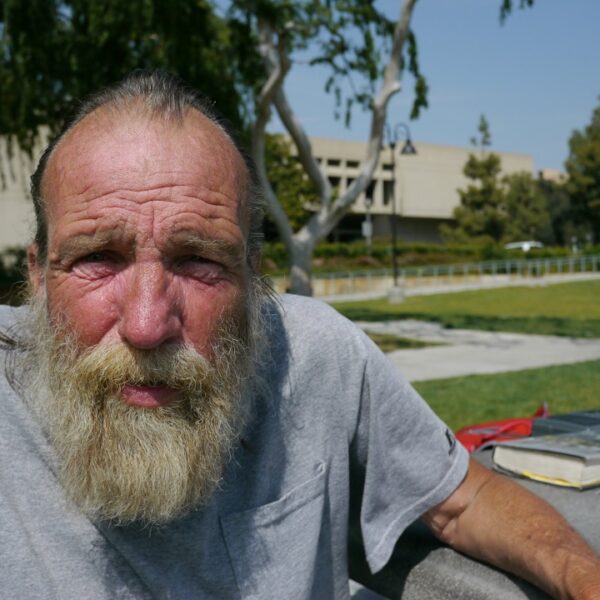Native Hawaiians Are Begging You to Stay Home
Hawaii is known to many as a tropical escape with a beautiful landscape, refreshing waters, and abundant Mai Tais. But the islands had a rich history and vibrant culture long before the first tourists got heavily sunburnt on its beaches. It is far more than an amusement park in paradise where visitors can escape their everyday lives and let loose.
In fact, overtourism and poor behavior by some are destroying the very things that draw most people to the islands- the land, waters, and culture. As more and more of the islands become dedicated to hotels, resorts, and AirBnBs, there is less and less room for the people who have called these islands home for generations.
Since catering to tourists is more lucrative for the real estate investors buying up the islands, native Hawaiians get pushed farther and farther out of their homes. Too often, they’re pushed all the way out onto the street and then shooed away so that the tourists don’t see the effect they’re having.
In light of all this, many native Hawaiians are begging tourists to stay home.
Tourism Drives Up Cost of Living
Even if you’ve never been there, you’ve probably heard about how expensive things are in Hawaii. This might be a minor inconvenience for tourists who are only there for a few weeks. For those who live on the islands full-time, however, the high cost of living is a daily concern – especially since the average income of Hawaiians has not risen to match.
Rental prices for what few full-time units remain are out of reach for many Hawaiians, and the cost of buying a home is similarly out of reach. Competition for real estate on the island is extremely high, and there seems to always be a foreign investor or developer from the mainland who’s willing to pay more.
This inflation of living expenses is making housing unaffordable for many native Hawaiians. It’s even pushing people out of the homes they have managed to secure. With lucrative, short-term rental rates flashing dollar signs in their eyes, it’s easy for landlords to evict tenants, flip the unit, and grab a slice of the tourism industry pie.
At this point, Hawaii has the second-highest rate of homelessness per capita in the nation. Native Hawaiians, who now make up just 10% of Hawaii’s total population, account for more than 51% of the homeless population in Hawaii. Clearly, something is wrong.
Tourism Syphons Natural Resources
The islands of Hawaii have abundant natural resources that have supported native Hawaiians throughout history. Now, those resources are being overtaxed and even destroyed by tourists who don’t care what mess they leave behind after having fun.
It’s not uncommon for Hawaiians to be asked to forgo nonessential uses of water like washing cars or watering lawns for fear of being fined. At the same time, hotels and resorts all over the islands fill their (also nonessential) gigantic swimming pools and hot tubs without restriction. This hierarchy places the enjoyment of someone’s vacation over the functionality of someone’s home. It’s totally backward.
This mentality can lead to more permanent environmental damage as well. Endangered species are threatened by curious tourists trying to get a good photo. Coral reefs are being degraded by too much traffic, and the very methods travelers use to get to the islands pollute the air and water.
Tourism Encourages Mistreatment of Unhoused People
In Hawaii, there seems to be no part of life where tourists won’t be prioritized over native Hawaiians. After all of this:
- Being priced out of the housing market due to the prevalence of non-residents buying up homes to use as vacation rental units.
- Being cut off from the natural resources that sustained life on these islands for centuries due to the overindulgence of the tourism industry and lack of respect from individual tourists.
- Being forced into homelessness by visitors to the islands that have always been your family’s home.
It can still get worse.
Adding insult to injury is the fact that police in Hawaii regularly sweep encampments and force unhoused people to move along simply so that they’ll be more out of sight of any potential tourists passing by the area. Tourists don’t want to see the end result of the chain of events they’re actively participating in. Even though they caused your homelessness, they don’t want to see it. After all, confronting their complicity in an unjust system might ruin their vacation.
But My Tourism Dollars!
From how people typically react to this information, it would seem that many people firmly believe that their personal anniversary vacation fund is single-handedly keeping Hawaii afloat. Precisely the type of tourist we’re talking about will go into a fit, explaining how Hawaii would be nothing without the tourism industry. They’re always generous and respectful of the environment and the locals when they visit, regardless of how disrespectful they are now.
So just to nip that in the bud, yes, tourism is a huge industry in Hawaii. But the majority of that money doesn’t stay in Hawaii or go to Hawaiians. It goes to the CEOs of the huge corporations profiting from exploiting Hawaii’s land and people and commodifying its culture without ever reinvesting a cent into the local economy. Most tourists are not staying in the homes of locals or patronizing businesses owned by native Hawaiians. They’re staying at the multinational, all-inclusive resort or in the AirBnB that could have been full-time housing instead.
The low-wage, no-benefits, high-risk-of-getting-screamed-at jobs available through the tourism industry are not the prize you think they are either, especially when there are no accompanying nearby affordable housing options. Native Hawaiians have survived for hundreds of years without the so-called privilege of cleaning up after tourists. They’ll be just fine without us – as long as the overtourism stops before the environmental damage is irreversible.
As a tourist paying for an expensive vacation, it’s easy to feel entitled to a specific experience. But it’s that entitlement that makes us lose sight of a basic rule most of us learn in childhood- it’s rude to enter other people’s homes uninvited.













